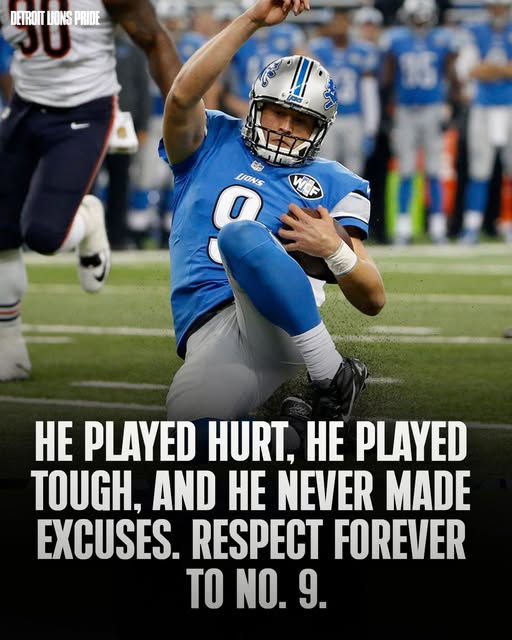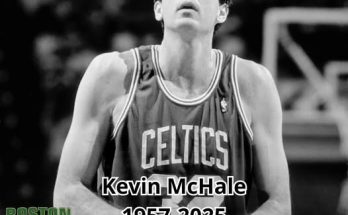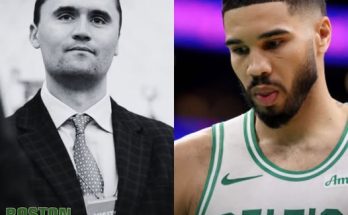Matthew Stafford’s name is etched deep in the heart of Detroit, not just for the records he shattered or the jaw-dropping throws he delivered, but for the grit, loyalty, and unrelenting heart he showed every time he put on a Lions jersey. For over a decade, Stafford wasn’t just a quarterback—he was a warrior, a leader, a symbol of resilience for a franchise and a fanbase hungry for belief. Though he now dons a different uniform in Los Angeles, to the people of Detroit, Stafford will forever be a Lion.
When the Detroit Lions selected Stafford with the No. 1 overall pick in the 2009 NFL Draft, the franchise was searching for hope in the ashes of an 0-16 season. What they received was far more than just a promising passer. They found a player whose toughness became legendary, whose humility won over the city, and whose ability to inspire those around him made him one of the most respected figures in the NFL.
From the moment Stafford stepped onto the field, it was clear he was different. He possessed a cannon for an arm and a fearless nature, willing to stand in the pocket and absorb punishment to deliver the ball downfield. But talent alone doesn’t build a legacy—what set Stafford apart was his tenacity. No moment encapsulates this better than the unforgettable comeback against the Cleveland Browns in his rookie season. With his shoulder dislocated and in obvious pain, Stafford returned to the field for one final play and threw the game-winning touchdown. It was a moment that defined his career in Detroit: a relentless competitor who would do anything to help his team win, pain be damned.
Stafford became the face of the franchise not because he demanded the spotlight, but because he earned it. Year after year, he led the Lions with unwavering commitment, through good seasons and mostly tough ones. He became the fastest player in NFL history to reach 20,000, 30,000, and then 40,000 passing yards—not because he was chasing personal stats, but because Detroit leaned on him so heavily. He carried the team on his back, often without a running game or a reliable offensive line, and still managed to produce historic numbers.
But the numbers only tell part of the story. Stafford’s leadership extended beyond the field. He led quietly, by example, the kind of player who teammates would rally around because they knew he had their backs. Whether it was staying after practice to work with young receivers or taking hits so others wouldn’t have to, Stafford’s value went far beyond what could be seen on a stat sheet. In the locker room, he was beloved. In the city, he was revered. And on Sundays, he was feared by opposing defenses for his ability to keep the Lions in any game, no matter how dire the circumstances.
There were heartbreaks, of course. Detroit’s playoff drought lingered, and though Stafford helped guide the team to the postseason three times, they never advanced past the Wild Card round. Critics were quick to question whether he was the problem—but those who watched closely knew better. Stafford gave Detroit a fighting chance in an era where hope was scarce. He never once pointed fingers. He never once asked out. He never once gave up.
Instead, Stafford embraced Detroit the way Detroit embraced him—with toughness, with resolve, and with pride. He became part of the city’s soul, reflecting its blue-collar ethos and defiant spirit. He played through injuries that would sideline others. He delivered comeback after comeback, earning a reputation as one of the most clutch quarterbacks in the game. And through it all, he never sought praise. He just kept showing up, kept fighting, kept believing.
After 12 seasons in Detroit, a mutual decision was made to give Stafford a fresh start. It wasn’t easy for either side. Fans wept, teammates thanked him, and the organization paid tribute to the man who gave them everything. When Stafford was traded to the Los Angeles Rams in 2021, many Detroit fans continued to cheer for him from afar—not out of resentment, but out of respect. And when he won a Super Bowl with the Rams in his very first season, Lions fans celebrated alongside him. Because they knew what it meant. They knew he had earned it. They knew that ring, though not won in Honolulu blue, was a victory for every Lions fan who stood by him through the years.
Even after his departure, Stafford’s legacy in Detroit only grew. He still donates to Detroit-based charities, still speaks fondly of the city, and still carries himself with the humility that made him so beloved. His family has deep ties to the community. His impact goes far beyond touchdowns and wins—he left a mark on the city that can never be erased.
Now, years removed from his final snap as a Lion, Stafford’s name continues to echo throughout Ford Field and among the fanbase. For young fans, he is the quarterback they grew up idolizing. For veterans of the game, he is a symbol of what it means to give everything to a franchise, even when the odds are stacked against you. For the city of Detroit, he is a beacon of loyalty and perseverance.
There will be future quarterbacks in Detroit. Some may put up big numbers. Some may win more games. But few—if any—will embody the spirit of the Lions the way Stafford did. He never had the luxury of a perfect roster, never had the benefit of a dominant defense, and yet he competed every single week like the game depended on his will alone.
When his career comes to a close, and his name is floated for the Hall of Fame, there will be debates about his résumé. But in Detroit, there is no debate. He is already a legend. He is already immortal. His number may never be officially retired, but it has already been retired in the hearts of Lions fans. When you talk about the greatest Lions of all time, Stafford belongs in that conversation—right next to Barry Sanders and Calvin Johnson.
He played with broken ribs. He played through torn ligaments. He played while others would have sat. And he never once used excuses. That’s why fans still wear his jersey. That’s why chants of “Stafford!” still echo when he returns. That’s why his story is so unique. Because it wasn’t about glitz or glamour. It was about showing up. Fighting. Enduring. Believing. And giving everything he had to a city that often had little to cheer for.
Matthew Stafford may now be in Los Angeles, but in Detroit, he will always be the quarterback who gave them hope. The one who stood tall when everything around him crumbled. The one who refused to quit. He’s more than just a former player—he’s a symbol of what it means to lead with courage, heart, and resilience. His time in Detroit wasn’t defined by championships—it was defined by character.
He never asked to be called a warrior. He never demanded loyalty. But he earned both. And in doing so, he earned something even rarer: the eternal respect of a city that knows toughness when it sees it. Matthew Stafford is, and always will be, Detroit’s ultimate warrior. Forever a Lion.



